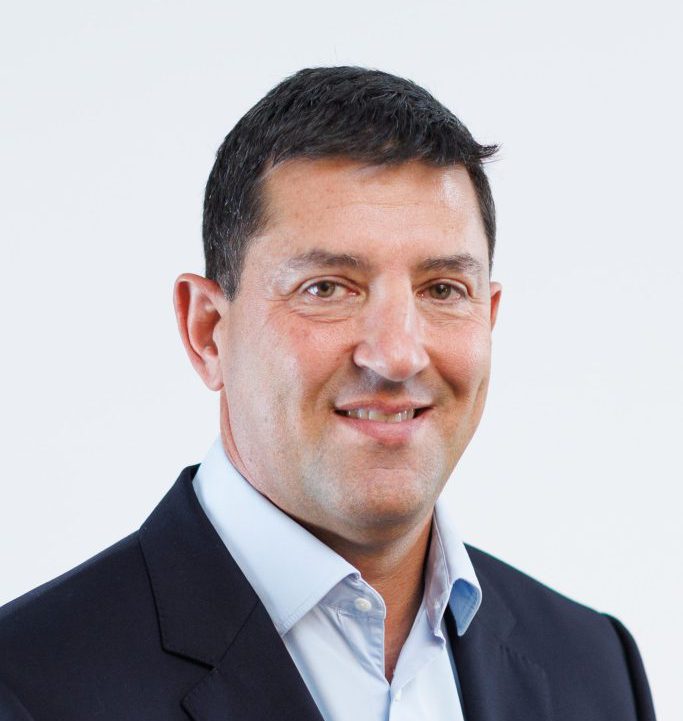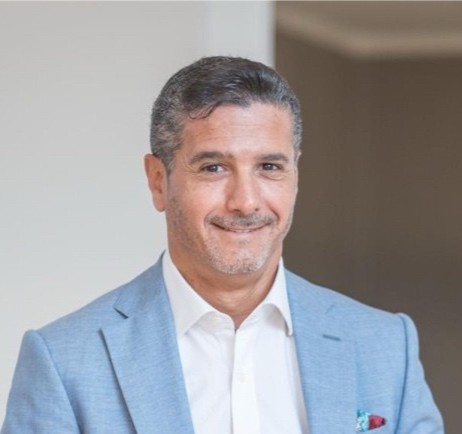Nick Captur is the President of the Institute of Financial Services Practitioners and Tax Director at Deloitte Malta. Having previously served in the firm’s financial advisory practice, he now provides support to multinational groups and private clients.
What are the factors contributing to Malta’s position as a hub for financial services?
The Maltese financial services sector has built itself up over the years on the back of a good and responsive regulatory framework, skilled English-speaking professionals, an effective legal framework, broad political stability, and consensus in respect of this sector. It had built up a good reputation overseas, which it is in the process of re-establishing through the efforts of both practitioners and the authorities.
Initially, the areas that demonstrated the most success included a number of regulated sectors, such as insurance captives and collective investment schemes. These have been supported by Maltese practitioners in the field of corporate services, tax advice, accountancy and legal services. And as the industry in Malta has grown and faced challenges, so have the skill sets practitioners have to offer deepened.
How has the sector changed in recent years?
The economic and political environment the world over has changed and evolved over the last decade, and financial services have responded to this. There is more regulation and complexity, but also more digitisation and new challenges and opportunities. This applies to Malta as much as it does to the rest of the world.
The nature of the business in Malta has changed drastically, with a focus on higher standards and greater AML/CFT awareness and processes. We now have a stronger base to work from, but also a higher regulatory burden on practitioners. This has meant more investment in certain internal processes, which can impact profitability and in turn the ability to invest and develop new business.
The challenge we face now is to seek a responsible balance between effective and demonstrable regulation that is proportionate to the risks faced, and the needs of the industry. To achieve this, the Malta Financial Services Advisory Council in 2023 published a long-term strategy for financial services in Malta, a strategy which has the backing of both the Government and the Opposition, and includes extensive industry input from over 200 practitioners. Besides identifying potential future niches, such as digitally driven financial services, family offices and aircraft leasing for example, the strategy also places a lot of emphasis on improving the ease of doing business in Malta and in reducing unnecessary bureaucracy.
If you had to tell potential investors one benefit and one challenge to be on the lookout for when investing in Malta, what would these be?
The main reason for an investor to come to Malta is the quality of services provided. Malta’s greatest strength is its practitioners, and the skills they provide. There are other factors, of course, including an attractive and fair tax regime within an EU framework.
In terms of challenges, I think they will be surprised at the amount of due diligence and compliance documentation that they require and some of the strict formalities around the certification and format of it. In my experience it is the highest bar that many clients experience anywhere and sometimes it can be quite frustrating, expensive and time consuming. It is hoped that as the EU standardises its expectations across member states, for example once AMLA is set up, this will be more harmonised and perhaps we will have the advantage of being first movers and more experienced and mature in this area, and able to apply appropriate judgement with confidence.
This feature was first carried in the Malta Invest 2024 edition. Malta Invest is the first-ever comprehensive international investment guide focusing on Malta as a destination. It is produced by Content House Group.
Melita CEO says new ownership marks ‘next phase of growth’ for digital infrastructure
Melita has been acquired by Goldman Sachs Alternatives.
The power of face-to-face: why in person networking still matters for Malta’s business leaders
The value of in person networking is often underestimated.
Malta team is RS2’s ‘technological engine’ says CEO amid Visa USA partnership
Radi El Haj spoke to MaltaCEO.mt about RS2’s recent collaboration with Visa USA Inc.
7 ways self-awareness can instantly improve your presentation skills
The path to presentation excellence begins with self-awareness.









